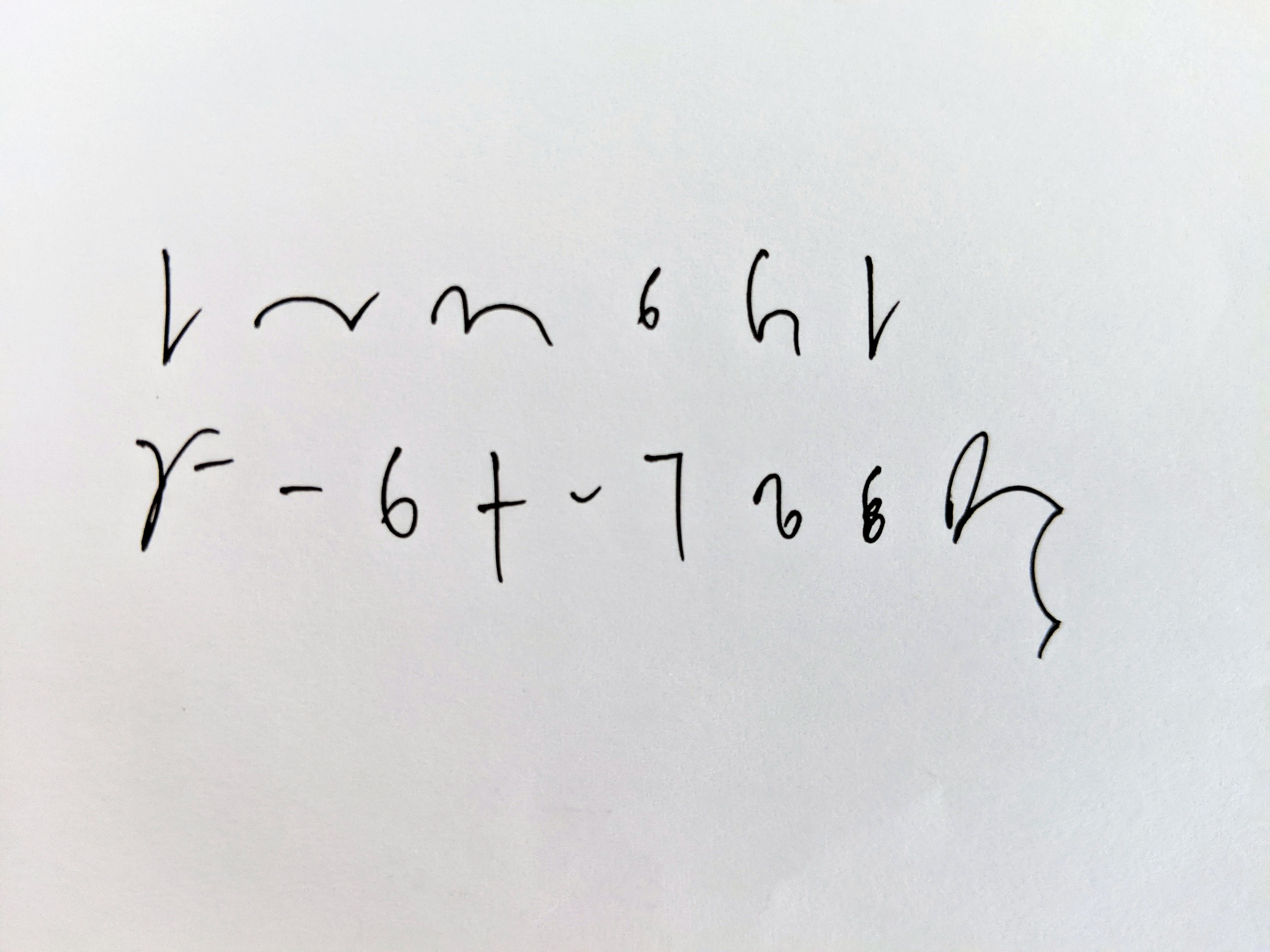Down-to-earth with a calling to help others are some words to describe Associate Lecturer & Consultant, Smart Health Leadership Centre, Lee Lin Hui, who brings five years of healthcare process transformation and improvement experience. Read on to uncover his favorite sport and understand why you might find him scribbling text you can never interpret!
 1. Please tell us about your professional background
1. Please tell us about your professional background
Before joining NUS-ISS, I started my career as a process improvement consultant in Singapore General Hospital (SGH), working on projects with various departments to improve their processes and transform their care model. My work experience was one of a love-hate relationship where I had to make my stakeholders uncomfortable with the problem that they are facing before working with them on the solutions. Through the years, I had the privilege of addressing legacy challenges such as improving the long wait times to consultation and admission in to the Emergency Department as well as transforming the value chain of Cord Blood Bank. I was able to use my approach to bring new insights and opportunities to tackle these challenges. I am passionate about making the healthcare industry better in delivering care to everyone. It is one of the industries where you can make big impact directly on people’s lives. Challenging as the work may be, it is always a worthwhile journey to deliver better care to the beneficiaries and their families.
2. Could you share more about the modules/courses which you teach at NUS-ISS?
I am an associate lecturer in the Smart Health Leadership Centre. I will be teaching the modules covered in the Smart Health Professional Diploma Programme. These modules are designed for healthcare staff across the entire care continuum, to enable them to understand the role that data, technology, and innovation can play in organisation or care model transformation. My experience as a certified six sigma black belt also helped me to work on improvement projects to provide relatable examples to help participants understand how to apply the concepts taught in the modules.
3. Why did you choose to teach at NUS-ISS?
I have always imagined myself teaching at some point, especially in the area that I am passionate in. NUS-ISS also provides me an opportunity to develop myself further in the area of organisational excellence by learning from other lecturers and working on projects together with various industry partners.
4. What do you enjoy most about your work?
My biggest joy comes from making an impact in people’s lives. Whether it is in helping workshop participants learn relevant concepts or working on projects that deliver better care. Knowing that they can, in turn, help other people keeps me going.
I had the opportunity to look into the nursing process of administering IV medication to patients. Because of patient’s safety, the process had become very tedious and complicated. During periods of the day when there are a lot of activities in the ward, nurses can find it difficult to follow the steps accurately and safely. Through this project, I was able to simplify the steps and made tweaks to improve the experience of our nurses. While it has become easier for our nurses to administer the medication, they are also spending more time talking and smiling to the patients.
5. How do you keep up with the industry?
Be curious! Industries are changing quickly and new ideas and technology are always popping up in the neighbourhood. The internet is definitely one of the first avenues I would refer to get more information. Interaction with industry professionals is another way to understand the industries’ challenges and frustrations. This would then provide a glimpse of what they would need to do next.
6. What are your favorite activities when you are not working?
I play touch rugby occasionally throughout the month to burn away the starch consumed. While I am not at that, I enjoy being a couch potato whenever there is some free time. I got introduced to touch rugby when I was pursuing my studies in NUS towards a Bachelor of Science with Honours in Statistics and Technoprenuership. To be honest, I chose this sport because there is little height and size discrimination in this sport. However, as I play the sport longer, I began appreciating its complexity and the feeling of camaraderie when everyone plays well together to score. Scoring a ‘try’ as a team after running at least 60 metres, playing out the set pieces, opening the opponent’s defense carefully, spotting opportunities and making improvisations is quite an unbelievable feeling. The various mix of teams and playing styles in this sport gave me a deeper appreciation on the elements and work needed to create high performing teams in any organisation
7. Tell us something about yourself that very few people know.
I dabbled in shorthand. Although I have not reach the speed of 100 words per minute, I can write secret notes. It was out of interest that I learnt the Teeline shorthand method. I just thought it was cool to write really quickly. Today, I use this technique for note taking so that I can catch up on the presenter’s speech. The downside of learning this is that it becomes very easy for me to be habitual in writing in shorthand sentences and confuse people when they are reading my notes. I remembered it used to be very difficult to find such public courses around, but now you can find them easily in the skillsfuture portal.
Here is something I wrote in shorthand for the readers:

It says: “Hi, my name is Lin Hui. Glad to be part of the NUS-ISS family.”